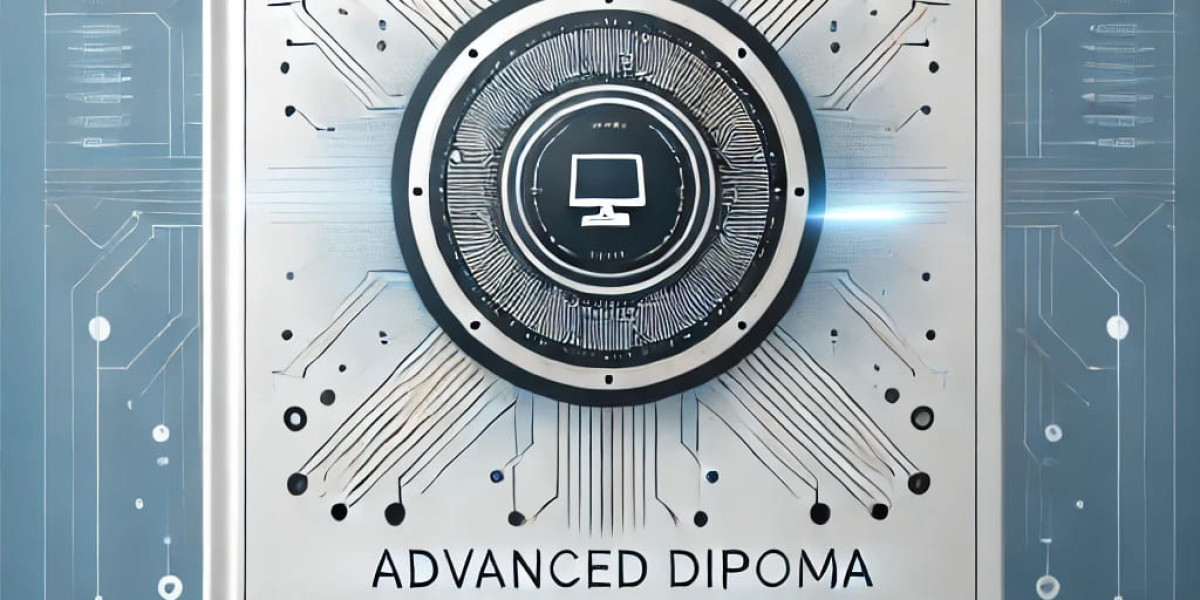The ADCA course, or Advanced Diploma in Computer Applications, is a sought-after program for individuals aspiring to build a career in IT. This diploma course equips students with skills in computer applications, programming, and IT tools. In this article, we will dive deep into the fees, duration, eligibility criteria, and everything you need to know about pursuing an ADCA course.
What is the ADCA Course?
ADCA is designed to provide students with a strong foundation in computer applications and IT. This course focuses on practical skills and theoretical knowledge, preparing students for diverse roles in the IT industry.
Key highlights of the ADCA course include:
- Basics of computer systems and software.
- Programming languages like C, C++, and Java.
- Database management systems.
- Web designing and development.
Duration of the ADCA Course
The ADCA course typically lasts 12 months. However, some institutes may offer flexible durations ranging from 6 to 18 months depending on the mode of study (full-time, part-time, or online).
Key points to consider about the duration:
- Regular Mode: 1 year (standard for most institutes).
- Flexible Mode: Online or part-time courses may extend to 18 months.
- Intensive Courses: Some institutes offer 6-month fast-track programs.
Fees Structure for the ADCA Course
The fees for ADCA courses in India vary based on the institute, mode of learning, and location.
Fee Range:
- Government Institutes: ₹5,000 to ₹15,000
- Private Institutes: ₹15,000 to ₹50,000
Factors Affecting Fees:
- Institute Reputation: Renowned institutes like NIIT or APTECH may charge higher fees due to their brand value.
- Mode of Study: Online courses often cost less than on-campus programs.
- Additional Benefits: Institutes offering placement assistance or global certifications may have higher fees.
Eligibility Criteria for ADCA
To enroll in an ADCA course, candidates need to meet basic eligibility requirements:
Educational Qualification:
- Must have completed 10th or 12th grade from a recognized board.
- Some institutes may prefer candidates with prior knowledge of computers.
Age Limit:
- No specific age limit, but most candidates fall between 16 to 25 years.
Language Skills:
- Basic proficiency in English is often required for programming and understanding course materials.
Additional Requirements:
- Some advanced programs may require basic computer literacy.
ADCA Course Curriculum
The curriculum for ADCA is designed to provide both theoretical knowledge and practical exposure. Below is a standard breakdown of the syllabus:
Semester 1: Fundamentals
- Computer Basics and MS Office
- Operating Systems
- Internet Applications
- Introduction to Programming (C Language)
Semester 2: Advanced Topics
- Database Management Systems (DBMS)
- Web Development (HTML, CSS, JavaScript)
- Advanced Programming (Java or Python)
- Software Tools and Applications
Practical sessions, project work, and assessments are integral parts of the course, ensuring hands-on learning.
Career Opportunities After ADCA
Completing an ADCA course opens up numerous career opportunities in the IT sector. Some of the popular job roles include:
Data Entry Operator
- Manage and process large volumes of data.
- Salary Range: ₹10,000 to ₹20,000 per month.
Web Designer
- Design and maintain websites for businesses.
- Salary Range: ₹15,000 to ₹35,000 per month.
Software Developer
- Develop and maintain software applications.
- Salary Range: ₹20,000 to ₹50,000 per month.
IT Support Technician
- Provide technical support and troubleshoot IT issues.
- Salary Range: ₹12,000 to ₹30,000 per month.
ADCA also serves as a stepping stone for further studies like BCA full form, Bachelor of Computer Applications, which offers more in-depth knowledge and advanced opportunities in IT.
Advantages of Pursuing ADCA
- Affordable Education: Cost-effective compared to degree programs.
- Short Duration: Quick entry into the workforce.
- Skill-Based Learning: Focus on practical applications.
- Wide Job Market: IT skills are in demand across industries.
FAQs About ADCA
1. What is ADCA full form?
ADCA full form stands for Advanced Diploma in Computer Applications.
2. Can I pursue ADCA after 10th grade?
Yes, many institutes accept candidates who have completed their 10th grade.
3. How does ADCA compare with BCA full form programs?
ADCA is a diploma focusing on practical IT skills, while BCA full form, Bachelor of Computer Applications, is a degree program offering theoretical and practical knowledge over three years.
4. Are online ADCA courses effective?
Yes, online ADCA courses from reputed institutes provide flexibility and quality education.
Conclusion
ADCA is an excellent choice for individuals looking to build a career in IT within a short period. Its affordability, practical curriculum, and wide acceptance in the job market make it a preferred option for many. By choosing the right institute and understanding the course structure, duration, and fees, you can ensure a successful career in the ever-evolving IT industry.



